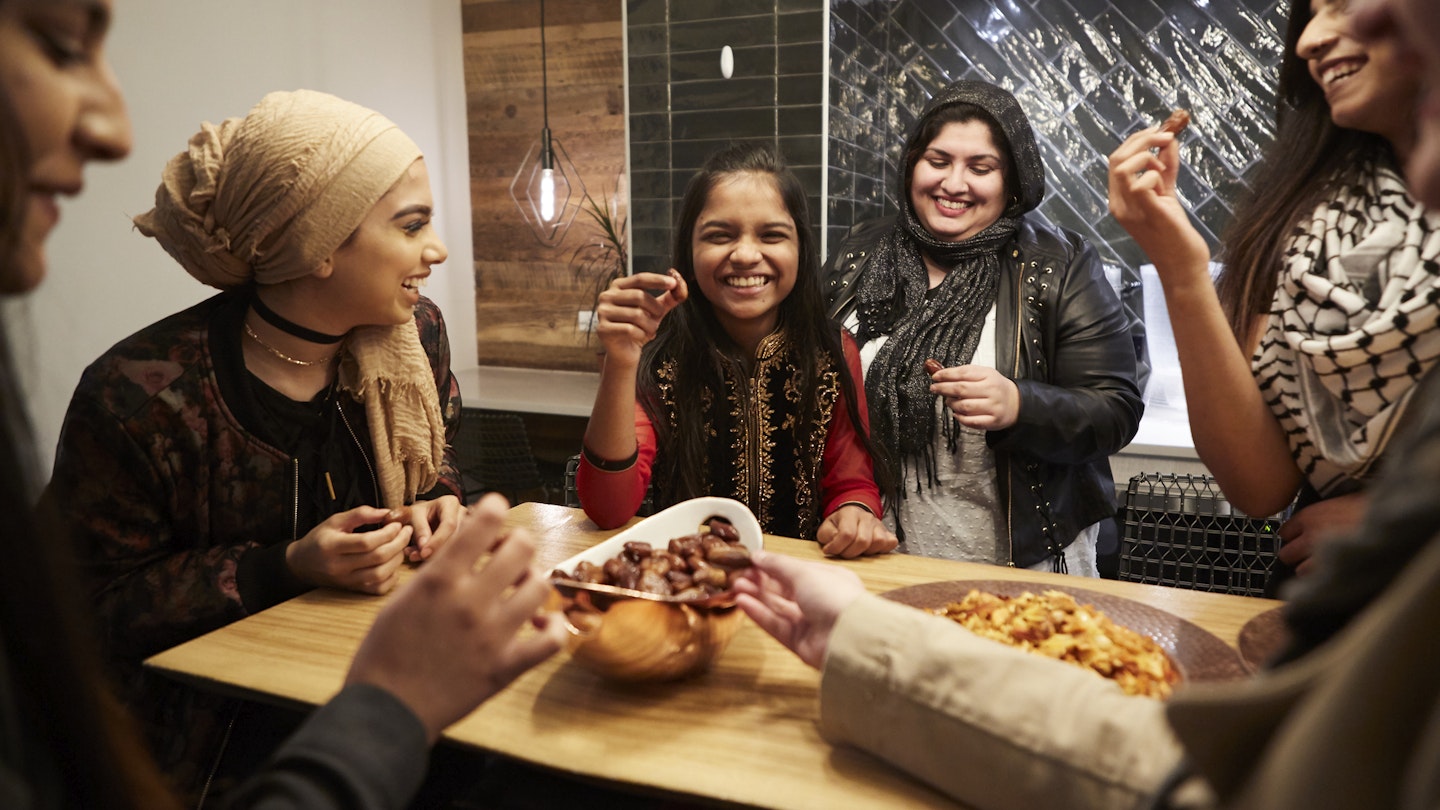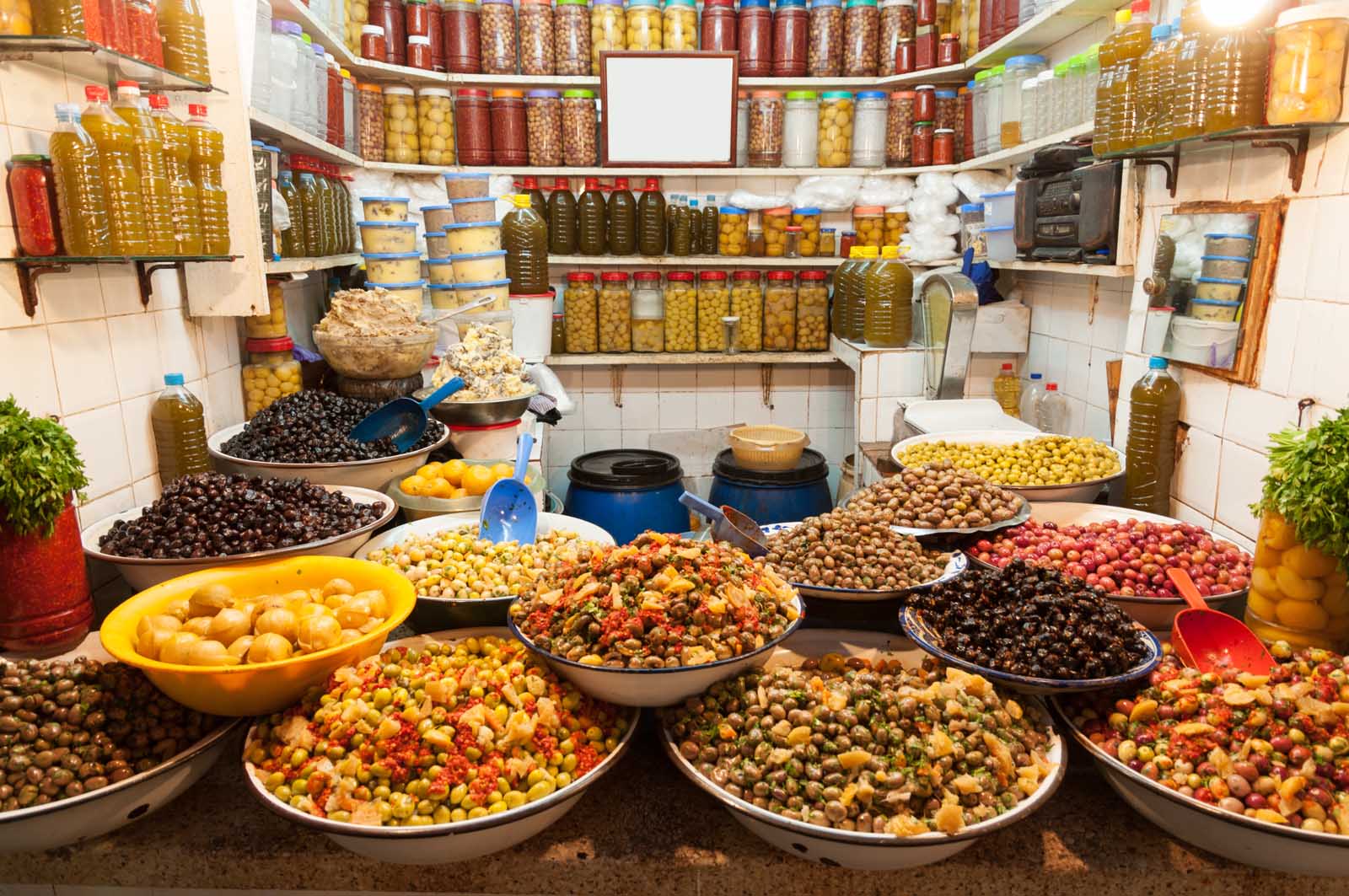The holy month of Ramadan is a significant period of introspection and prayer for millions of Muslims around the globe. This holiday celebrates the time when, according to Islamic beliefs, Muhammad the Prophet received the initial verses of the Quran. Interestingly, the ninth month of the lunar calendar has held great importance even before Islam’s emergence in Arabia, as people would often retreat to meditate and reflect on their relationship with God.
While Ramadan is widely recognized for the fasting observed by Muslims during daylight hours, it holds deeper significance for various reasons. Here’s an overview of what you need to know about this sacred month.
History of Ramadan
The specific verses believed to be revealed to the Prophet Muhammad during the Night of Power, known as Laylat al-Qadr, begin Surah Al Alaq (the Blood Clot chapter) in the Quran. Additionally, Ramadan marks the historical victory of Muhammad’s community over the Quraysh tribe of Makkah in the Battle of Badr.
Six years later, during Ramadan, Muhammad led his followers back to Makkah to reclaim the city from which they had been exiled. This pivotal moment involved cleansing the holy Kaaba of its pre-Islamic idols, thereby purifying it for Muslims worldwide as their central place of worship.
When is Ramadan?
The commencement of Ramadan hinges on the sighting of the new moon’s crescent, resulting in varied start dates across different Muslim communities. While some communities observe local moon sightings, others may follow specific nations. Once Ramadan begins, Muslims refrain from food, water, and sexual intercourse throughout the daytime—a practice aimed at nourishing the soul rather than the body. Consequently, many Muslims adopt a more pious and charitable demeanor during this month.
This time offers Muslims an opportunity to retreat from the chaotic pace of everyday life. It encourages meditation, prayer, and deep reflection, mirroring the practices of the Prophet Muhammad. Additionally, fasting has notable health benefits and reinforces self-discipline.
In 2024, Ramadan is anticipated to commence on the evening of Sunday, March 10, and conclude around Tuesday, April 9.
How is Ramadan observed?
Fasting during Ramadan serves as a fundamental practice for most Muslims worldwide, recognized as one of the Five Pillars of Islam. However, exemptions apply to certain individuals, including children, pregnant and nursing women, those menstruating, and anyone who is ill or traveling. Fasting begins daily just before sunrise with a light meal known as suhoor and concludes at sunset with a meal called iftar.
In numerous countries, large public iftars are organized to foster community spirit, welcoming those in need to partake in meals. Furthermore, Ramadan catalyzes heightened charitable initiatives among Muslims globally.
During this month, areas with sizeable Muslim populations often adopt a nocturnal lifestyle. Businesses may reduce operating hours or close entirely during the day. Visitors to these areas may hear live Quran recitations broadcasted by mosques, and the attandance of the five daily prayers significantly increases.
Most establishments reopen in the evening, coinciding with iftar, creating a vibrant and festive atmosphere that lasts late into the night. Social gatherings flourish in cafes and restaurants, while many attend special late-night prayers, known as Taraweeh.
Can non-Muslims participate in Ramadan celebrations?
Non-Muslims can respectfully engage in certain Ramadan festivities, providing an enriching opportunity to experience Muslim culture. Public iftars often extend invitations to the non-Muslim community, and many restaurants feature Ramadan-themed menus that cater to all patrons.
Additionally, some places host Ramadan festivals filled with cultural events that invite both Muslims and non-Muslims to immerse themselves in the spirit of the month.
Ramadan culminates with Eid al-Fitr, the “Festival of Breaking the Fast.” This joyous occasion centers around family gatherings, gift exchanges, and sharing elaborate meals to conclude the month-long fast. In 2024, Eid al-Fitr is expected to fall on or around April 9.




